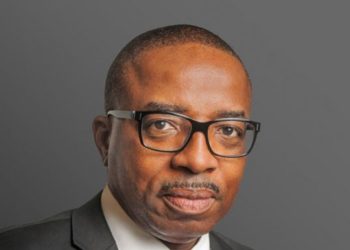Nigeria, despite being Africa’s largest economy, unveils its proposed 2024 budget of N27.5 trillion ($33 billion), revealing a stark contrast to the budgets of its continental counterparts. President Bola Tinubu’s presentation to the National Assembly comes as a strategic response to global oil market shifts and economic challenges, necessitating adjustments to address the nation’s financial needs amidst oil price volatility.
Financial Disparities with African Peers:
The findings indicate that Nigeria’s budget lags behind those of its African peers, such as South Africa, Algeria, Egypt, and Morocco, despite having a larger population. Nigeria’s $33 billion budget for 2024 is notably dwarfed by South Africa’s $132 billion, Algeria’s $98 billion, and Egypt’s $97 billion, raising questions about resource management and wealth distribution. Beyond Africa, Nigeria’s budget pales in comparison to countries like Bangladesh, Indonesia, Turkey, Netherlands, and the UK, which boast larger budgets despite having smaller populations.
Challenges and Calls for Reform:
Analysts express concerns about Nigeria’s budget allocation, emphasizing challenges like low human capital development, high unemployment, and low productivity. Calls for a shift from debt dependence to alternative financing sources to boost investments and economic growth gain prominence.
Budget Allocation Criticism:
BusinessDay’s analysis reveals that 61.63% of Nigeria’s 2024 budget is allocated to personnel and debt service costs, prompting criticism. Calls for increased spending on health, social sectors, and education resonate amid concerns about high mortality rates and essential workers’ low wages.
Political Spending Criticism:
Criticism mounts over lavish spending by Nigerian politicians, especially the allocation of billions for SUVs in the 2023 supplementary budget. The disparity between extravagant political spending and essential worker protests for better wages highlights economic inequality and raises questions about government priorities.
Scrutiny and Public Outcry:
Public scrutiny of government spending intensifies, with notable calls for increased transparency and accountability. Recent revelations about state-level spending draw attention to the need for careful examination of public funds utilization.
As Nigeria grapples with economic challenges, the 2024 budget presentation marks a pivotal moment, sparking conversations about fiscal responsibility, prioritization, and the need for comprehensive reforms to drive sustainable economic growth.











